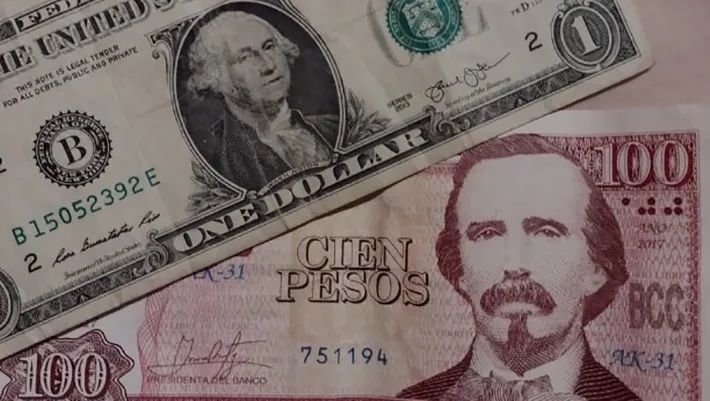
Little chance of succeeding via the black market
Back in the 1980s, I attended a conference given by a foreign expert, a friend of Cuba, who at that time assured the small audience that if the black market became politicized the days of the revolution were numbered.
Forty years later, the Cuban revolution is still standing and if we are guided by that expert sociologist, the illegal or informal black market has not been politicized, but its tentacles have been enriched and strengthened. Today it continues its work of undermining the national economy, disposing everything up to the value of peanuts.
A perfect example is the exchange rate, with its supply and demand fluctuations imposed on the dollar and the euro while an obsolete banking decision keeps both currencies well below what they should be.
The authorities must have some unknown reasons for not modifying that relationship with the weak Cuban peso, which for the first time in its history is worth less than a penny in the so-called informal exchange.
In order not to sit idly by and leave the solution to divine providence, it has taken a lot of media exposure of those who dedicate themselves to such foreign exchange trading tasks who risk five to ten years of prison time. A “remake” of those times when five dollars in your pocket was equivalent to a little less than five years in jail.
Some naive person or economic dare-devils who offer their services on social networks will be the first to be punished. However, the majority will move in other directions and if the offer was public before, it is now in hiding and in the most absolute secrecy because there is plenty of know-how.
There is very little chance of succeeding this way even when tightly sustaining the legs under the table.

